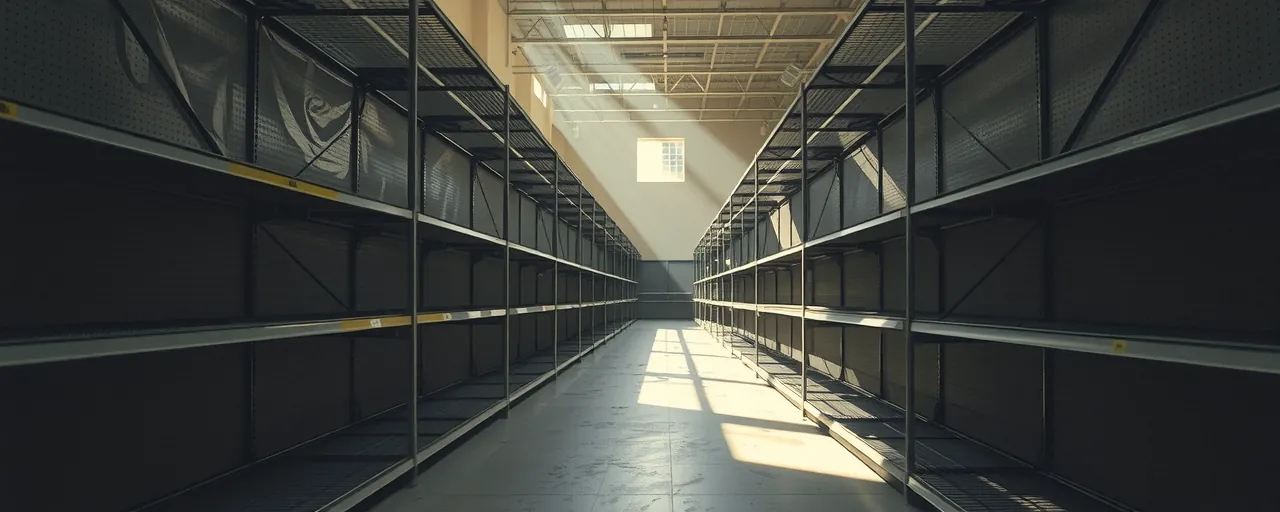Theft That Hurts Us All
Organized retail theft strikes at the heart of our communities. It’s not only about stolen goods. It’s about the workers who lose jobs, the families who pay higher prices, and the neighborhoods left vulnerable when stores close. In Los Angeles, the California Department of Justice, under Attorney General Rob Bonta, has drawn a line in the sand. Four men caught looting Home Depot stores now face justice, a victory for every resident who values safety and stability.
The scheme was brazen. Jose and Luis Delasancha, joined by Carillo-Avilez and Garfiaz, used specialized tools to unlock security devices, filled carts with power tools, and left without paying. Their actions didn’t just harm one store. They threatened the economic health of entire communities. Jose’s eight-year prison sentence and Luis’s four-year term reflect a system that refuses to let greed go unchecked.
Why should we care? Retail theft’s impact reaches far beyond the checkout line. In 2024, external theft cost U.S. retailers $45 billion, contributing to a $112 billion total loss. These losses drive up costs for everyday goods, force store closures, and erode local tax bases. When businesses suffer, we all pay the price. California’s response, through tough prosecutions, aims to protect what keeps our neighborhoods strong.
This case also shows a deeper commitment. While holding thieves accountable, the state offers a path forward. Carillo-Avilez and Garfiaz, sentenced to probation, face strict oversight but also a chance to rebuild. This balance isn’t weakness. It’s a recognition that justice must heal as much as it punishes, ensuring safer communities for everyone.
What’s really at risk? Our shared sense of security and fairness. The Department of Justice’s work protects not only businesses but also the trust that binds us. Their efforts remind us that justice can strengthen, not divide, our communities.
The Hidden Toll of Retail Crime
When thieves target stores, the damage spreads like ripples in a pond. Families face higher prices as retailers pass on losses. Workers lose jobs when stores shutter. Neighborhoods, especially in underserved areas, become ‘retail deserts,’ where access to basic goods vanishes. The $121.6 billion in retail losses in 2023, up from $61.7 billion in 2019, tells a story of communities under siege.
The human cost is just as real. In 2024, violent shoplifting incidents surged by 35 percent, putting retail workers and shoppers at risk. No one should fear for their safety while buying groceries or earning a paycheck. California’s recent conviction of Michelle Mack, who led a $8 million beauty-product theft ring, underscores the urgency of stopping these crimes before they escalate further.
Some voices demand harsher penalties, like mandatory minimums or the federal Combating Organized Retail Crime Act, framing theft as a simple law-and-order issue. Their solution focuses on punishment, ignoring the complexities of why people steal. Poverty, addiction, and desperation often drive these acts. California’s approach, pairing felony convictions with probation and diversion programs, tackles crime while addressing its roots. This strategy prioritizes long-term safety over short-term vengeance.
The evidence is clear. A small group of repeat offenders, often struggling with deeper issues, drives much of the theft. By blending enforcement with rehabilitation, California avoids the pitfalls of mass incarceration, which strains communities and fails to break the cycle of crime. Justice demands accountability, but it also requires humanity.
Building a Stronger Future
California’s fight against retail theft sets a national example. The Organized Retail Crime Task Force, launched in 2020, has recovered millions in stolen goods and secured 6,922 arrests in 2024 alone, thanks to the $267 million Real Public Safety Plan. These efforts translate into safer stores, thriving businesses, and communities reclaiming their strength.
Retailers play a role, too, using AI-powered surveillance and license plate readers to catch thieves. New laws, like AB 2943, strengthen prosecutions by aggregating thefts into felony charges, targeting organized networks without unfairly punishing those driven by need. This precision ensures justice serves the public good.
At the same time, addressing crime’s causes is critical. Research from the Vera Institute shows a small cohort of repeat offenders, often battling addiction or poverty, accounts for much of the theft. California’s 2024 laws combine tougher penalties with court-mandated treatment and diversion programs, offering a path to change. This approach values accountability and compassion in equal measure.
Compare this to calls for blanket harsh penalties. Some advocate zero-tolerance policies, claiming they deter crime. Yet, mass incarceration often deepens social divides and fails to address why people offend. California’s balanced strategy, rooted in data and community needs, proves that justice can be both firm and forward-thinking.
A Commitment to Our Communities
Every prosecution, every recovered dollar, every store that stays open is a win for our communities. The Department of Justice’s work, from the Home Depot case to broader task force efforts, shows what’s possible when we prioritize both safety and fairness. California’s approach protects workers, businesses, and families while offering offenders a chance to make amends.
Justice isn’t about choosing between punishment and mercy. It’s about using both to build a stronger society. By targeting organized crime and addressing its causes, California creates a model for others to follow. Our communities deserve nothing less.
How do we keep this progress alive? By investing in task forces, passing smarter laws, and supporting programs that tackle crime’s roots. Together, we can ensure our neighborhoods remain places where businesses thrive, workers feel safe, and families can prosper.
